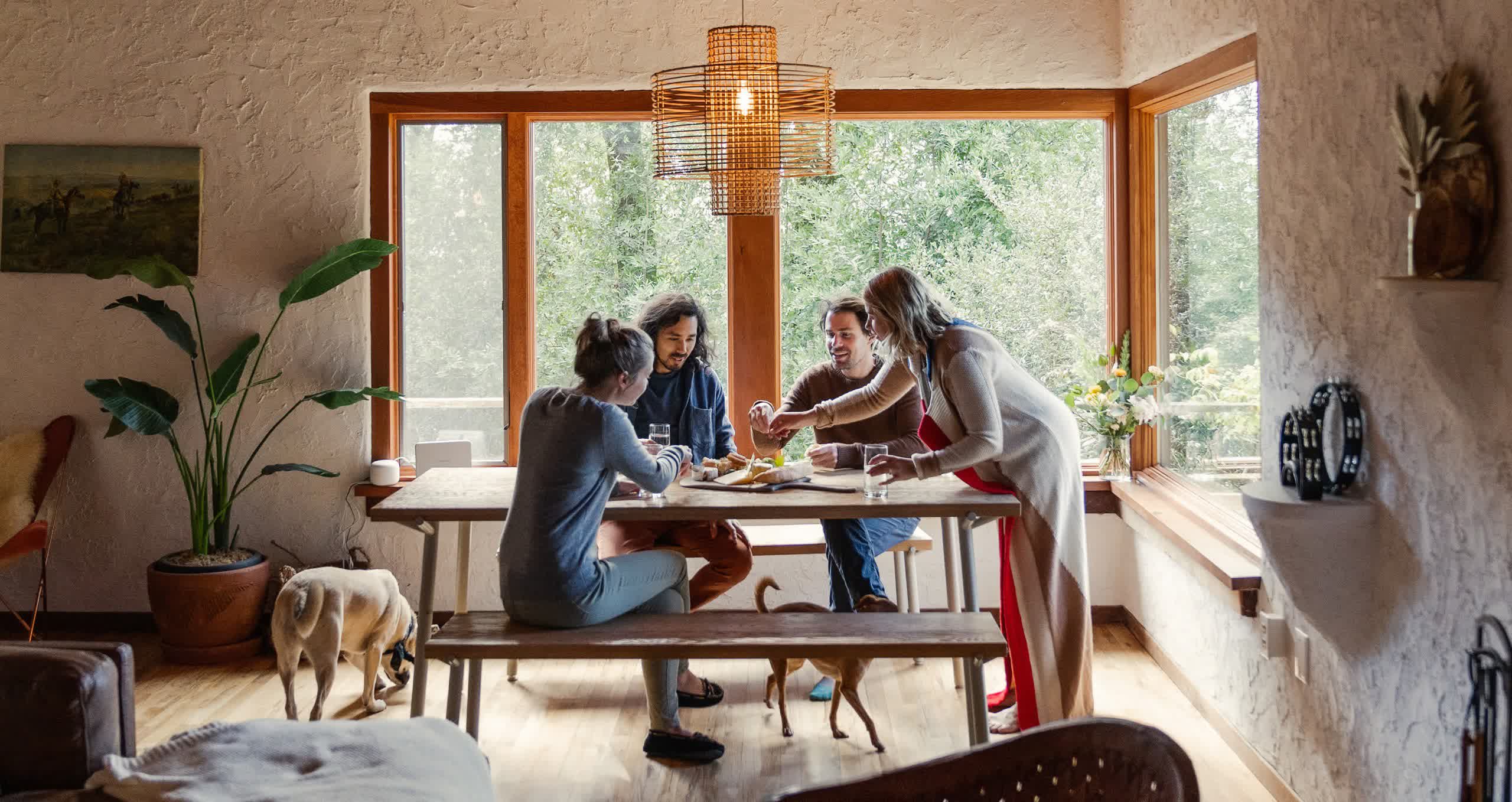In brief: A CNN investigation found that despite being aware of the hidden camera problem, Airbnb has consistently failed to protect its guests. Thousands of images, including private moments such as guests changing clothes or being intimate, have been recovered from hidden surveillance devices. Victims express ongoing fear that these images could be leaked online.
A recent lawsuit has exposed a disturbing trend in the short-term rental industry: hosts secretly recording guests at rental properties. The case involves a woman who discovered she was filmed undressing, with her images stored on the computer of an alleged sex offender who had been spying on renters for years, CNN reported. Airbnb, a major player in the short-term rental industry, has faced similar situations before and typically seeks to settle them quickly and confidentially. However, this case unfolded differently, revealing deeper issues within the company.
During a court-ordered deposition, an Airbnb agent disclosed that the company had generated tens of thousands of customer support tickets for surveillance devices over the past decade. Despite this, Airbnb does not routinely notify law enforcement when a guest reports a hidden camera, even when a child is involved. Instead, the company typically contacts the hosts, potentially allowing time for them to destroy evidence. Privacy advocates have criticized this approach for interfering with criminal investigations.
In March, the rental broker tried stemming public outcry by banning indoor security cameras. It gave hosts until April 30, 2024, to remove all indoor security cameras regardless of placement or purpose. However, the new regulations are toothless and hard to enforce. Hosts have never been allowed to place cameras in private areas, which is the problem. So, banning them throughout the rest of the house does not address the situation.
In response to CNN's inquiries, Airbnb claimed hidden camera complaints are rare and that the company takes swift action when they occur, including removing violating hosts and listings. However, the company's policies come with significant disclaimers, such as not guaranteeing the identification of all criminal convictions or sex offender registrations. Additionally, Airbnb's background checks are not foolproof, and criminal convictions are not automatic disqualifiers.
Airbnb's history traces back to 2007 when co-founder Brian Chesky and his roommate started renting air mattresses in their San Francisco apartment. The company has since grown into a multi-billion-dollar entity, valued higher than big-name hotel chains Hyatt and Marriott combined. Despite this, Airbnb does not have the same responsibilities as hotels, such as maintaining property security, leading to gaps in guest safety.
The short-term rental industry has faced numerous incidents of violent crime, prostitution, and even guest deaths, which have periodically thrust Airbnb and its competitors into the spotlight. Hidden cameras are a particularly insidious issue that Airbnb has known about for at least a decade but has struggled to address effectively.
A notable case involved David Wyzynajtys, who found a hidden camera in an Airbnb rental in Texas. Despite alerting Airbnb, he received minimal support from the company. Law enforcement later discovered that the host had been recording guests for over a year, capturing the intimate moments of more than 30 victims, including children! The host, A. Jay Allee, was eventually charged and pleaded guilty, but his case highlights Airbnb's delayed response and inadequate guest protection measures.
The legal landscape has not helped either, with Airbnb often fighting against regulations and liability in court, arguing it has little control over what happens at its listings. This stance has made it difficult for victims to seek justice and for authorities to regulate the industry effectively.
